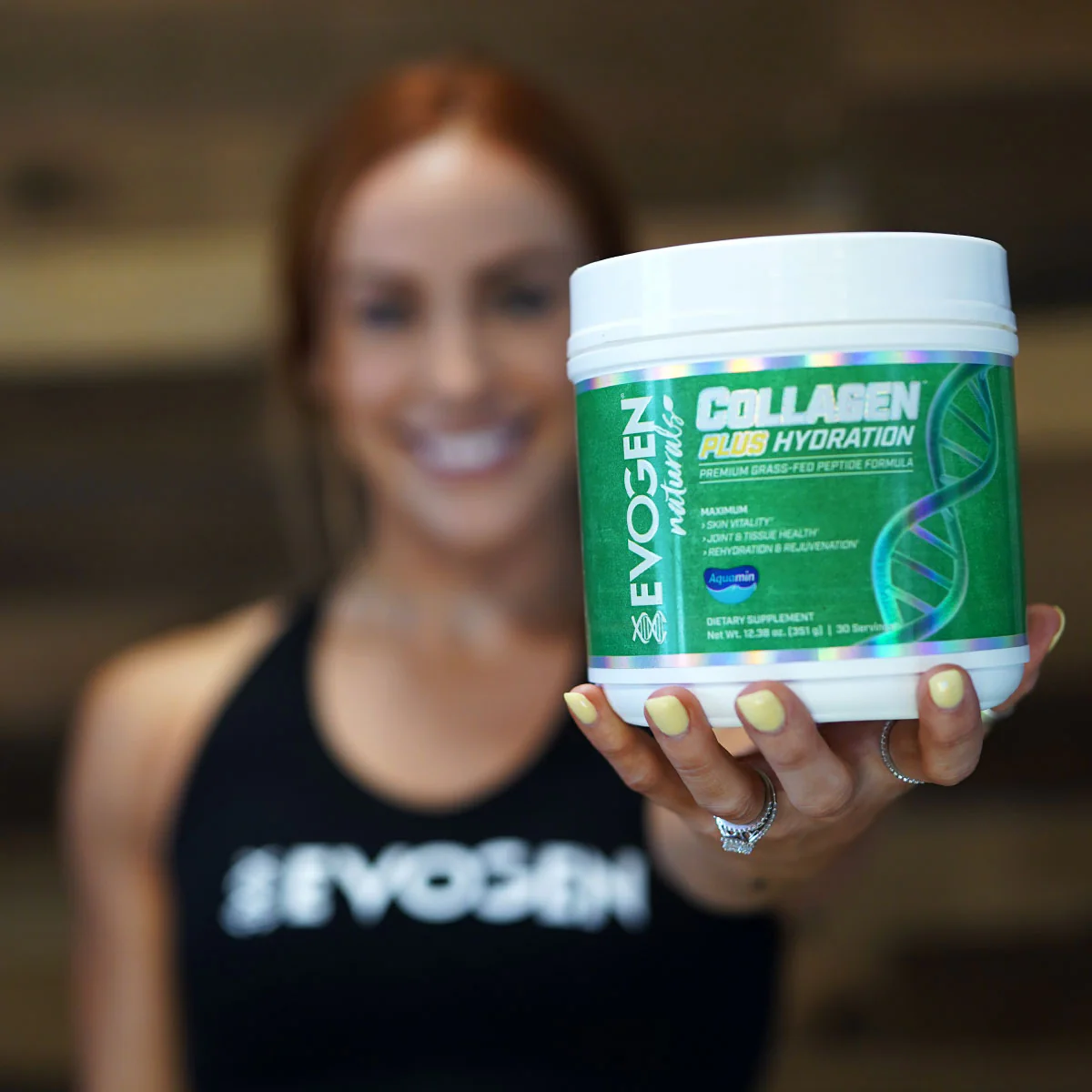Collagen for Athletes: Benefits and Best Practices
Collagen isn't just a beauty supplement—it’s a powerful protein that plays a crucial role in the health and performance of athletes.

Collagen isn't just a beauty supplement—it’s a powerful protein that plays a crucial role in the health and performance of athletes. As the most abundant protein in the body, collagen is a key structural component of joints, tendons, ligaments, cartilage, and even muscle tissue.
Whether you're a runner, weightlifter, or weekend warrior, collagen supplementation can help support recovery, prevent injuries, and maintain joint and connective tissue health over time.
Here’s a comprehensive guide on the benefits of collagen for athletes and how to use it effectively.
What Is Collagen?
Collagen is a structural protein made up of amino acids like glycine, proline, and hydroxyproline. It helps maintain the strength, elasticity, and integrity of connective tissues throughout the body.
As we age—or put our bodies through intense training—natural collagen production decreases, which can lead to joint pain, stiffness, and slower recovery.
Types of Collagen Relevant to Athletes
- Type I: Found in skin, tendons, and ligaments
- Type II: Supports cartilage and joint cushioning
- Type III: Supports skin and vascular tissues
Most athletic collagen supplements are hydrolyzed (or “collagen peptides”), which are broken down for better absorption and digestion.
Key Benefits of Collagen for Athletes
1. Joint Health and Injury Prevention
Regular collagen intake can help strengthen tendons, ligaments, and cartilage. This reduces wear and tear from high-impact activities and lowers the risk of common injuries like strains and sprains.
Studies show: Supplementing with collagen and vitamin C may enhance collagen synthesis in joints and connective tissues, especially when timed around training.
2. Faster Recovery
Collagen may aid in muscle tissue repair and reduce post-workout soreness. The amino acid glycine also promotes better sleep, which is essential for recovery.
Why it matters: Better recovery means more consistent training and improved long-term progress.
3. Improved Flexibility and Mobility
Collagen supports joint lubrication and tissue elasticity, helping improve range of motion over time—especially in athletes who train hard or repeatedly stress the same joints.
4. Bone Strength
Since collagen is a major component of bone tissue, regular supplementation may help support bone density—important for athletes in high-impact sports like running, basketball, or football.
5. Muscle Support
While not a complete protein like whey, collagen still contains muscle-supportive amino acids and can complement a well-rounded diet for muscle maintenance.
Best Practices for Using Collagen
When to Take It
- Pre-Workout (30–60 minutes before): Especially when combined with vitamin C, this timing may support collagen synthesis in connective tissues.
- Post-Workout: Helps repair soft tissues and aid recovery.
- Before Bed: The glycine in collagen may support deeper sleep and overnight recovery.
How Much to Take
- Recommended dose: 10–15 grams per day of hydrolyzed collagen peptides
- With vitamin C: Combine with 50–100 mg of vitamin C to enhance absorption and synthesis
What to Look For in a Supplement
- Hydrolyzed or collagen peptides for better absorption
- Grass-fed or marine-sourced options for higher quality
- Clean labels (no artificial sweeteners or fillers)
- Flavored or unflavored options to mix with water, smoothies, or coffee
Natural Food Sources of Collagen
While supplements are convenient, you can also boost collagen naturally through diet:
- Bone broth
- Chicken skin
- Fish with skin
- Egg whites
- Gelatin
- Organ meats (like liver)
These foods contain collagen or support the body’s production of it with nutrients like zinc and vitamin C.
Collagen vs. Other Recovery Supplements
|
Supplement |
Best For |
Key Benefits |
|
Collagen |
Joints, ligaments, soft tissue |
Injury prevention, recovery, mobility |
|
Whey Protein |
Muscle growth and repair |
High in BCAAs, fast absorption |
|
Creatine |
Strength, muscle volume |
Energy production, performance boost |
|
BCAAs |
Intra-workout endurance |
Reduces muscle breakdown |
|
Omega-3s |
Inflammation control |
Supports joint health and recovery |
Collagen fills a unique role that other supplements don’t directly cover—connective tissue health and soft tissue support.
Final Thoughts
For athletes, collagen isn’t just a trendy supplement—it’s a strategic addition to a recovery and performance plan. From improving joint resilience to speeding up recovery and enhancing mobility, collagen can help keep you active, strong, and injury-free.
Make it part of your daily routine, especially if you’re training regularly or feeling the wear and tear of intense workouts. Pair it with smart nutrition, hydration, and rest for optimal results.